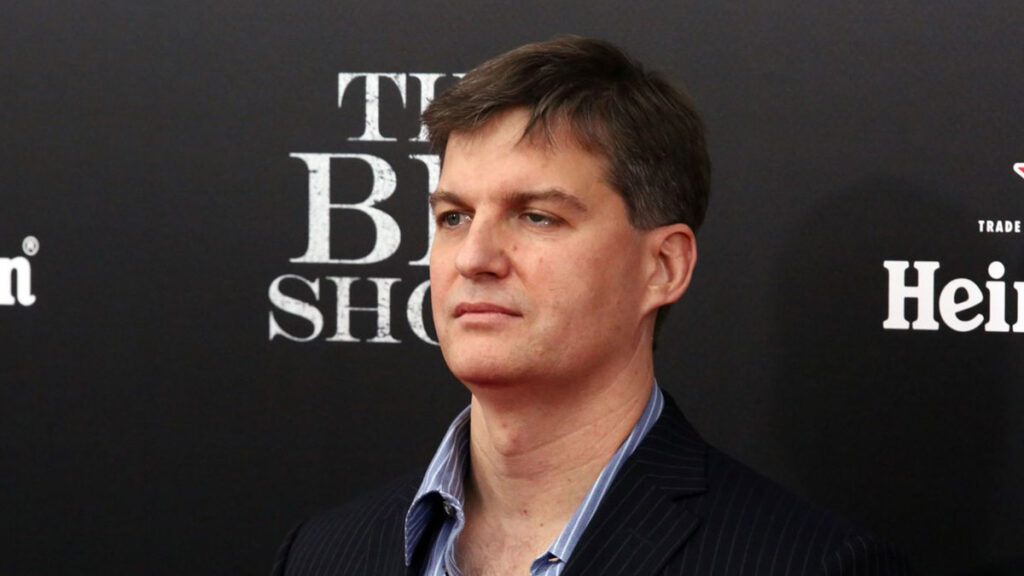The Big Short is back, this time betting against all the passive investors in the world. Michael Burry is talking about a great Index Fund Bubble and how it will bust in the future.
According to Burry, the recent inflow of money in the index funds is parallel to the pre-2008 bubble in the collateralized debt obligation. He said that the inflow of passive money in index funds is distorting the market, the same way CDO purchases did for subprime mortgages.
Let us first understand what index fund investing means. Index fund investing means an individual buying the units of the index fund in the form of ETF or mutual fund for a special price. Later, that money gets invested in the stocks of that index fund based on the market cap. For example, by investing 1000 rupees in a Nifty 50 index fund, a person is indirectly buying all the 50 stocks in Nifty. Generally, this technique is used by passive investors.
Burry said that this passive investing is removing the price discovery mechanism from the equity markets. And the price discovery of stocks (the invisible hand) is not being made using the proper mechanism.
The basic economic idea is that the demand of a good depends upon the price of that good, and there is an inverse relationship between price and demand in the ideal market. Like for 5 rupees, 100 units are demanded, and as the price increases from 5 to 10 rupees, the quantity demanded decreases to 70 units. But when multiple passive buyers enter the market. The increase or decrease in the price doesn’t have much effect on the demand for that good. Now the increase of 5 rupees can lead to a decrease by only 85 or fewer units.
The same idea is followed in the index fund. In index funds investing, a person is investing a fixed amount of amount without looking at the stock’s price or its’ fundamentals. They are continuously investing even in the companies which are not doing well. This is also the reason for stocks in the index have high PE comparing to the competitors.
Also, index funding brings a significant liquidity risk to the market. The number of stocks trading in the stock market is limited. If the passive investors keep buying company stocks through index fund investing, this will lead to liquidity risk.
The logic behind the index fund bubble is simple, but this time he is betting against all the passive investors and supporters of index fund investing like Warren Buffet.
Follow Us @




